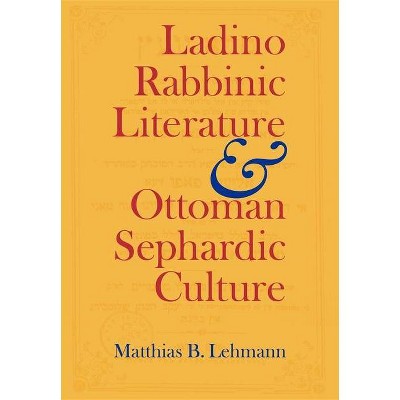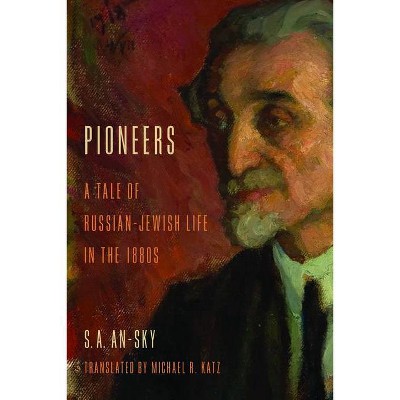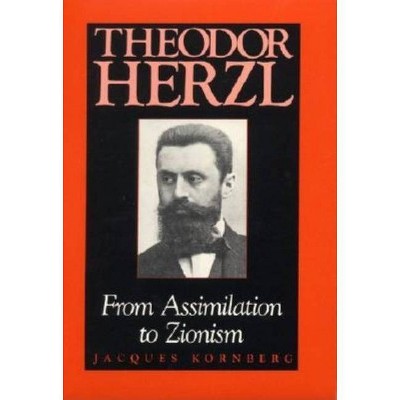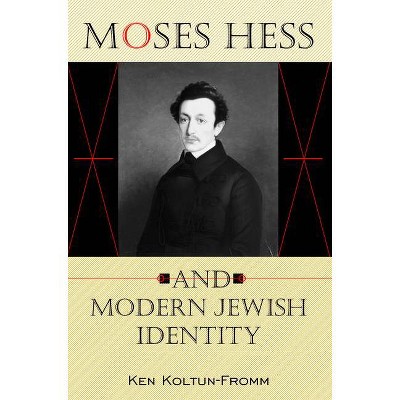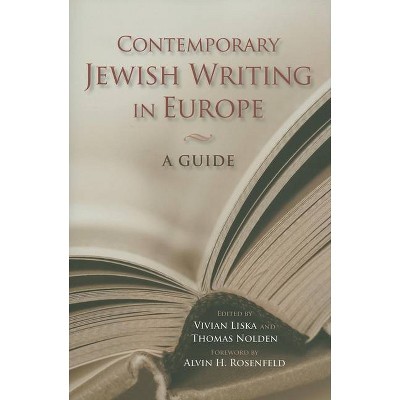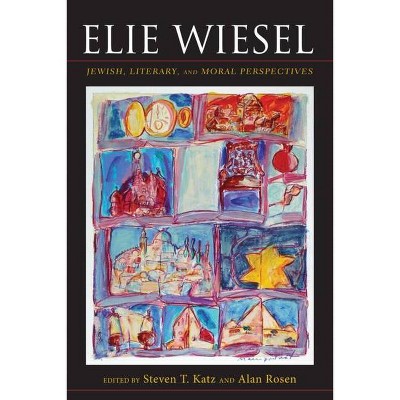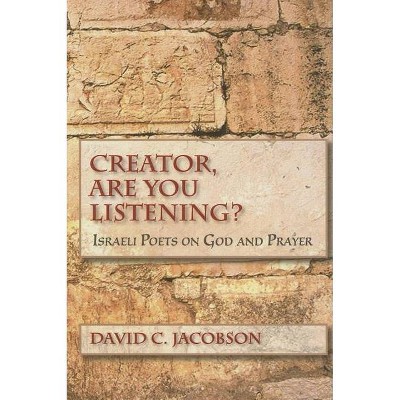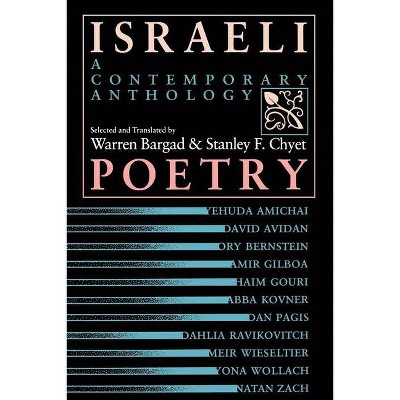Hebrew Gothic - (Jewish Literature and Culture) by Karen Grumberg (Paperback)
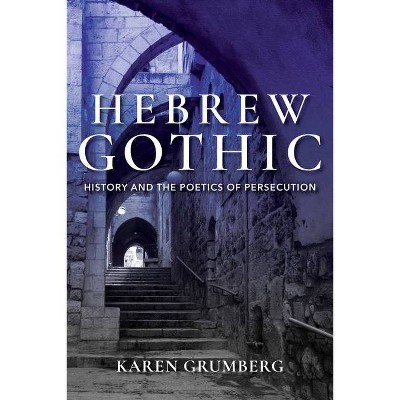
Similar Products
Products of same category from the store
AllProduct info
<p/><br></br><p><b> About the Book </b></p></br></br>An anthology of sinister tales written since the early-20th century by the foremost Hebrew authors, including S.Y. Agnon, Leah Goldberg, and Amos Oz, reveals a darkness at the foundation of Hebrew culture.<p/><br></br><p><b> Book Synopsis </b></p></br></br><p>Sinister tales written since the early 20th century by the foremost Hebrew authors, including S. Y. Agnon, Leah Goldberg, and Amos Oz, reveal a darkness at the foundation of Hebrew culture. The ghosts of a murdered Talmud scholar and his kidnapped bride rise from their graves for a nocturnal dance of death; a girl hidden by a count in a secret chamber of an Eastern European castle emerges to find that, unbeknownst to her, World War II ended years earlier; a man recounts the act of incest that would shape a trajectory of personal and national history. Reading these works together with central British and American gothic texts, Karen Grumberg illustrates that modern Hebrew literature has regularly appropriated key gothic ideas to help conceptualize the Jewish relationship to the past and, more broadly, to time. She explores why these authors were drawn to the gothic, originally a European mode associated with antisemitism, and how they use it to challenge assumptions about power and powerlessness, vulnerability and violence, and to shape modern Hebrew culture. Grumberg provides an original perspective on Hebrew literary engagement with history and sheds new light on the tensions that continue to characterize contemporary Israeli cultural and political rhetoric.</p></p><p/><br></br><p><b> Review Quotes </b></p></br></br><br><p>Grumberg shows that scholarship of Hebrew literature stands to gain from a reassessment of this corpus outside the conventional frameworks of Hebrew literary history and more classical European literature.</p>--Maya Barzilai - University of Michigan "AJS Review"<br><br><p>Israel has never become normal as such, and the Jewish majority of the population still find it difficult to forget the past, because the present is still marked by worries about the future. This provokes a certain measure of paranoia, that Karen Grumbers sees as one of the main elements of the gothic world - the feeling of being constantly watched by unknown forces, lurking in the surroundings.</p>-- "Goldberg"<br><p/><br></br><p><b> About the Author </b></p></br></br><p>Karen Grumberg is Associate Professor in the Department of Middle Eastern Studies and the Program in Comparative Literature at the University of Texas at Austin. She is author of <i>Place and Ideology in Contemporary Hebrew Literature</i>.</p></p>
Price History
Price Archive shows prices from various stores, lets you see history and find the cheapest. There is no actual sale on the website. For all support, inquiry and suggestion messagescommunication@pricearchive.us

